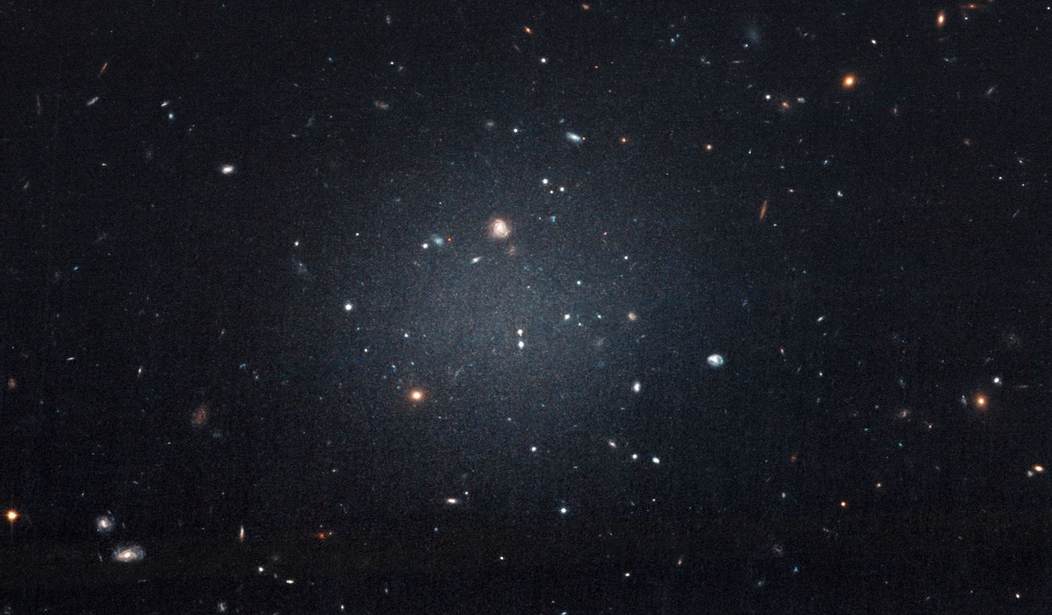“Two possibilities exist: either we are alone in the Universe or we are not. Both are equally terrifying.”
“I’m sure the universe is full of intelligent life. It’s just been too intelligent to come here.”
― Arthur C. Clarke
I am old enough to remember the Apollo Project. One of the things I recall, besides Saturday morning cartoons being interrupted by shots of the astronauts, was the return of Apollo 11. The astronauts were placed in quarantine because no one was entirely sure that they had not picked up any strange things while being exposed to the moon dust on their suits and tools. In retrospect, it may have been the first time we publicly acknowledged the potential risks of even minuscule life in outer space.
We are fascinated with the idea. Encountering alien life has been portrayed in books, movies, and television shows. We eagerly turn our ears to the heavens, searching for that one signal that will confirm that someone is out there. And of course, we watch the skies. We also chuckle whenever someone points out would-be signs of life or buildings in the pictures that come back from Mars, even as we wonder in the back of our minds, “What if?”
To that end, The College Fix has an interesting piece in which astrobiologist Jacob Haqq-Misra expresses his concern that mankind’s arrival on another planet could be more disastrous than historic. He is the author of the book “Sovereign Mars: Transforming Our Values through Space Settlement.” Essentially, he thinks that there could be future activism when it comes to the final frontier. The concern may be that we might affect another world in much the same way people impacted the Americas, Africa, and India in the past. In other words, think of it as space exploration as viewed through the lens of diversity, equity, and inclusion. Alien Lives Matter. Even the microbes. The article even quotes Rebecca Charbonneau, a U.S. National Radio Astronomy Observatory fellow, as telling Scientific American:
“[S]pace exploration is…an extension of our imperial and colonial histories. SETI [the Search for Extraterrestrial Intelligence] in particular carries a lot of intellectual, colonial baggage as well, especially in its use of abstract concepts like ‘civilization’ and ‘intelligence,’ concepts that have been used to enact real, physical harm on Earth.”
The article said Charbonneau is wary of the term “intelligence,” since it has been linked to genocide and eugenics. Interestingly enough, Margaret Sanger favored eugenics, and Iceland is known for aborting babies that have Downs Syndrome.
Perhaps we are not quite ready for first contact ourselves.
The article cites an interview with theoretical physicist and gender theorist Chanda Prescod-Weinstein in Gizmodo in which she says we should avoid using terms such as “colonization” “exploration” and “development.”
It is not as if the idea of an expedition from earth wreaking havoc on a new planet has never been explored. At least it has been in fiction. Ray Bradbury dealt with it in The Martian Chronicles, particularly in the chapters “Ylla,” “The Earth Men,” and “The Third Expedition.” The impact of an arrival on Mars by earthmen is also eerily fleshed out in “And the Moon Be Still as Bright.”
The concept also got a fascinating treatment in the radio drama “The Martian Death March,” which was broadcast on X Minus One and Dimension X. You can hear the drama here. Besides being a ripping good yarn, it actually had a message about racism that hit home without hitting the listener over the head. Star Trek: The Original Series tackled it in “The Apple” and “A Private Little War.”
Despite what the college student, professor in your life, or the media has to say, we have learned the lessons of the past on earth. We will not pass on a disease to any new civilization we encounter and will take steps not to disrupt a new culture. We are not casting off in sailing ships in search of plunder. We have grown. Whether you lionize or despise Columbus, Magellan, Cortés, and the rest or whether you see them as imperialist butchers or as men given short-shrift by history, we are not them. We have advanced since those days and not just technologically. Both DEI and wokeism allege that we have no capacity for such growth, and that people–in particular, white Christian men–have always been irredeemably destructive, and that they are incapable of anything but enforcing imperialism. And so naturally, that would be exported throughout the Milky Way. DEI carries a fatalistic philosophy of doom, destruction, depression, oppression, and pessimism. Such things inhibit the possibility of discovery. Granted, we still have a myriad of issues to sort out, and given the immense size of space, we may be far enough along to have solved some of those before we set foot on alien soil or exchange Vulcan salutes.
And besides, the concept takes for granted the ethnocentric idea that any civilization we encounter may not be nearly as advanced as we are. For all we know, any aliens we meet may be so far advanced that they consider us little more than house pets. We simply do not know who or what is waiting out there. Interstellar travel–when it finally arrives–will require enough baggage. Let’s not start adding to it now.










Join the conversation as a VIP Member